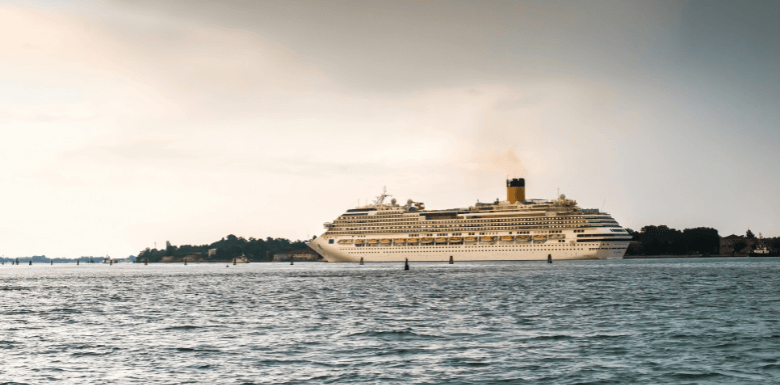
After the sinking of the Titanic, several acts and laws were passed seeking to avoid another maritime catastrophe. With the passing of new policy, ships now had better safety procedures and construction, constant contact with others on the sea and coastal radio stations, and rightful compensation for maritime injuries. Learn more about How the Titanic Changed Maritime Law below.
The International Convention for the Safety of Life at Sea (SOLAS)
After the sinking of the Titanic, the British and American Boards of Inquiry decided that ships should carry enough lifeboats for everyone on the ship. There would also be required lifeboat drills and inspections to divert another mass boat-sinking accident.
These requirements and more were a part of SOLAS, whose primary purpose is to set and hold safety standards for merchant ships. SOLAS was developed after the sinking of the Titanic in 1914, but was not fully adopted until 1974.
Changes to Ship Designs
After the Titanic, ships started being redesigned for better safety. The ship’s bulkheads were made higher so water could not get in and bottoms were stretched to create double hulls. These changes all contributed to better, safer, and more reliable sea travel.
The Radio Act of 1912
This requires that all sea vessels have a 24-hour radio system in place to stay in contact with other ships on the water and coastal radio stations. In addition, after the passage of this act, all radio operators were required to obtain a license to promote the credibility and responsibility of operators.
International Ice Patrol
First developed in 1914, the International Ice Patrol was founded to alert any sea vessels traveling in the shipping routes of Europe, Canada, and the United States of any icebergs. Today, the U.S. Coast Guard runs the International Ice Patrol.
The Jones Act
The Jones Act or the Merchant Marine Act was passed in 1920. This federal law has many components, but also allows a ship employee or “seaman” injured at sea to file a lawsuit against their employer. This act calls for rightful compensation and recovery for the injured party.
Even with all the regulations that were put in place after the Titanic, the seas can still be a very dangerous place. It is important you know your rights after a maritime accident and contact a knowledgeable and highly-skilled Houston maritime injury lawyer today for a free case evaluation. Through our extensive experience, the personal injury lawyers at The Krist Law Firm, P.C. will weigh your case and assist you in receiving what you deserve.
Call us today at (281) 283-8500 to get started.

